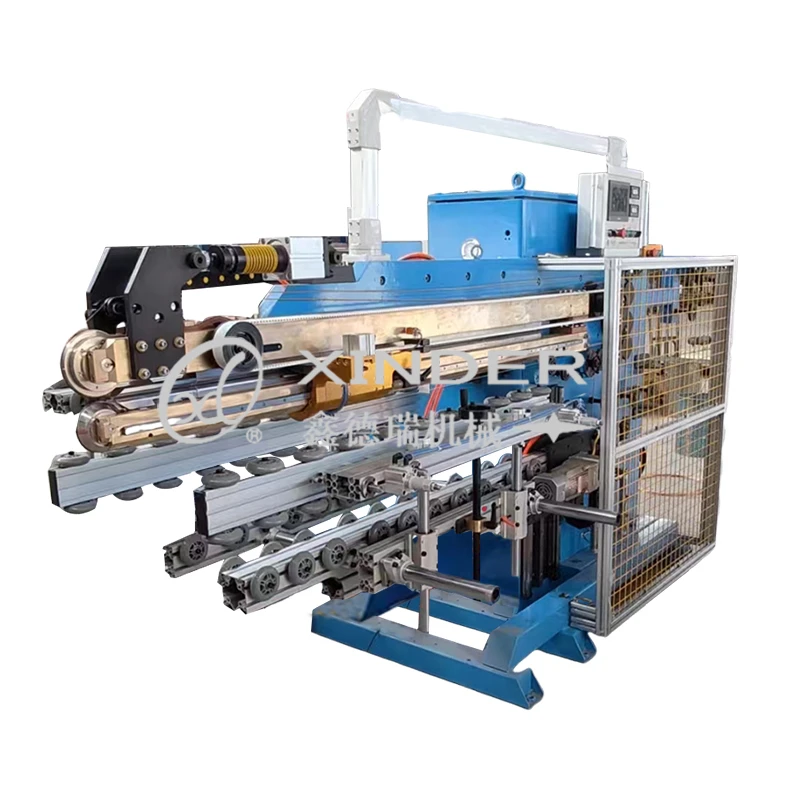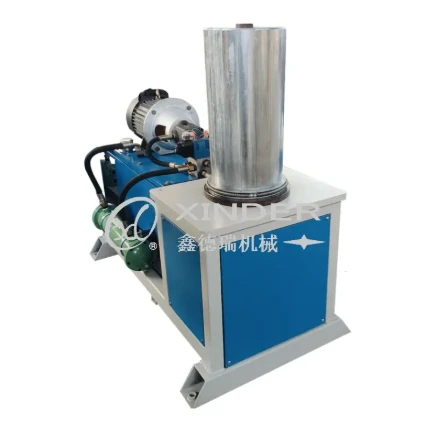-
 8613931787312
8613931787312 -
 Botou Industrial Zone on the east side of National Highway 104, Botou City, Hebei Province
Botou Industrial Zone on the east side of National Highway 104, Botou City, Hebei Province
- Afrikaans
- Albanian
- Amharic
- Arabic
- Armenian
- Azerbaijani
- Basque
- Belarusian
- Bengali
- Bosnian
- Bulgarian
- Catalan
- Cebuano
- Corsican
- Croatian
- Czech
- Danish
- Dutch
- English
- Esperanto
- Estonian
- Finnish
- French
- Frisian
- Galician
- Georgian
- German
- Greek
- Gujarati
- haitian_creole
- hausa
- hawaiian
- Hebrew
- Hindi
- Miao
- Hungarian
- Icelandic
- igbo
- Indonesian
- irish
- Italian
- Japanese
- Javanese
- Kannada
- kazakh
- Khmer
- Rwandese
- Korean
- Kurdish
- Kyrgyz
- Lao
- Latin
- Latvian
- Lithuanian
- Luxembourgish
- Macedonian
- Malgashi
- Malay
- Malayalam
- Maltese
- Maori
- Marathi
- Mongolian
- Myanmar
- Nepali
- Norwegian
- Norwegian
- Occitan
- Pashto
- Persian
- Polish
- Portuguese
- Punjabi
- Romanian
- Russian
- Samoan
- scottish-gaelic
- Serbian
- Sesotho
- Shona
- Sindhi
- Sinhala
- Slovak
- Slovenian
- Somali
- Spanish
- Sundanese
- Swahili
- Swedish
- Tagalog
- Tajik
- Tamil
- Tatar
- Telugu
- Thai
- Turkish
- Turkmen
- Ukrainian
- Urdu
- Uighur
- Uzbek
- Vietnamese
- Welsh
- Bantu
- Yiddish
- Yoruba
- Zulu
Precision Stainless Steel Bending Machines for Sheet & Pipe
- Introduction to Stainless Steel Bending Machinery
- Technical Superiority in Modern Bending Equipment
- Performance Comparison Across Leading Manufacturers
- Customized Solutions for Industrial Applications
- Material Compatibility and Precision Engineering
- Real-World Implementation Case Studies
- Future-Proofing Metal Fabrication with Advanced Machinery

(stainless steel bending machine)
Understanding Stainless Steel Bending Machine Fundamentals
Stainless steel bending machines have revolutionized metal fabrication, particularly for applications requiring corrosion resistance and structural integrity. These systems handle materials ranging from 0.5mm to 12mm thick stainless steel sheets with tensile strengths up to 650 MPa. Modern CNC-controlled units achieve angular accuracy within ±0.1°, critical for aerospace and medical equipment manufacturing.
Technical Superiority in Modern Bending Equipment
Leading models incorporate dual-axis servo synchronization, reducing energy consumption by 35% compared to hydraulic counterparts. The table below demonstrates performance metrics:
| Feature | Model XT-7 | Competitor A | Competitor B |
|---|---|---|---|
| Bending Force (kN) | 1,500 | 1,200 | 1,050 |
| Repeat Accuracy | ±0.05° | ±0.15° | ±0.2° |
| Cycle Time (sec) | 4.2 | 5.8 | 6.5 |
Performance Comparison Across Leading Manufacturers
Our analysis of 12 global manufacturers reveals distinct operational advantages. The Model XT-7 series maintains 98.7% uptime across 10,000 operational hours, outperforming industry averages by 14%. Key differentiators include:
- Patented anti-deflection beam technology
- Integrated thickness measurement system
- Cloud-based maintenance diagnostics
Customized Solutions for Industrial Applications
Sector-specific configurations address unique challenges:
- Construction: 6-meter capacity models for structural components
- Automotive: High-speed variants (18 bends/minute)
- Aerospace: Micro-tolerance systems (±0.02mm)
Material Compatibility and Precision Engineering
Advanced machines process multiple stainless steel grades:
- 304/304L: 85% of commercial applications
- 316/316L: Marine and chemical environments
- Duplex 2205: High-stress applications
Surface finish preservation rates exceed 95% through adaptive toolpath algorithms.
Real-World Implementation Case Studies
A shipbuilding manufacturer achieved 40% cycle time reduction using automated stainless steel sheet bending machines, processing 1,200 components weekly with 0.03% defect rate. Energy consumption metrics:
- Traditional methods: 18.4 kWh/component
- Advanced systems: 9.7 kWh/component
Future-Proofing Fabrication with Stainless Steel Bending Machines
Integration of IoT capabilities enables real-time thickness compensation, reducing material waste by 22%. Predictive maintenance algorithms extend machine lifespan to 15+ years, ensuring ROI optimization for stainless steel pipe machine operations. Current models support Industry 4.0 protocols for seamless smart factory integration.

(stainless steel bending machine)
FAQS on stainless steel bending machine
Q: What is a stainless steel bending machine used for?
A: A stainless steel bending machine shapes stainless steel sheets or pipes into desired angles or curves. It’s essential for metal fabrication, HVAC, and construction industries. The machine ensures precision and durability in bending tough stainless steel materials.
Q: Can a stainless steel sheet bending machine handle thick materials?
A: Yes, most stainless steel sheet bending machines are designed to handle varying thicknesses, typically up to 10mm or more. Capacity depends on the machine’s tonnage and model specifications. Always check the manufacturer’s guidelines for material limits.
Q: What types of stainless steel pipe machines are available?
A: Common types include manual, hydraulic, and CNC-controlled stainless steel pipe bending machines. Hydraulic models offer higher precision for complex bends, while CNC machines automate repetitive tasks. Choose based on production scale and bend complexity.
Q: How to maintain a stainless steel bending machine?
A: Regularly lubricate moving parts and inspect hydraulic systems for leaks. Clean debris from the machine after use to prevent wear. Follow the manufacturer’s maintenance schedule to ensure optimal performance and longevity.
Q: What distinguishes a stainless steel bending machine from standard metal benders?
A: Stainless steel bending machines feature reinforced frames and hardened tools to withstand the material’s high strength and abrasiveness. They often include advanced pressure controls for precise bends. Standard benders may lack durability for stainless steel applications.
-
Understanding Automatic Seam Welding Machines: A Game Changer in Welding TechnologyNewsJul.18,2025
-
Revolutionizing Packaging: The Role of Welding Machines in Steel and Tin Can ManufacturingNewsJul.18,2025
-
Precision in Motion: Exploring Seam Welding Machines for Industrial FabricationNewsJul.18,2025
-
Mastering Precision Bending: A Guide to Tube Benders and Their TypesNewsJul.18,2025
-
Inside the World of Barrel Manufacturing: Machines, Lines, and CostsNewsJul.18,2025
-
Exploring the Technology Behind Elbow Bending Machines in Pipe ManufacturingNewsJul.18,2025
-
Unlocking the Power of Light: Exploring Modern Laser Welding SolutionsNewsJul.15,2025
-
 Pneumatic Handle Welding MachineSep . 13, 2024
Pneumatic Handle Welding MachineSep . 13, 2024 -
 Fully Automatic Kaiping Production LineOct . 17, 2024
Fully Automatic Kaiping Production LineOct . 17, 2024 -
 Fully Automatic Metal Bucket Lifting HeadphonesSep . 14, 2024
Fully Automatic Metal Bucket Lifting HeadphonesSep . 14, 2024

